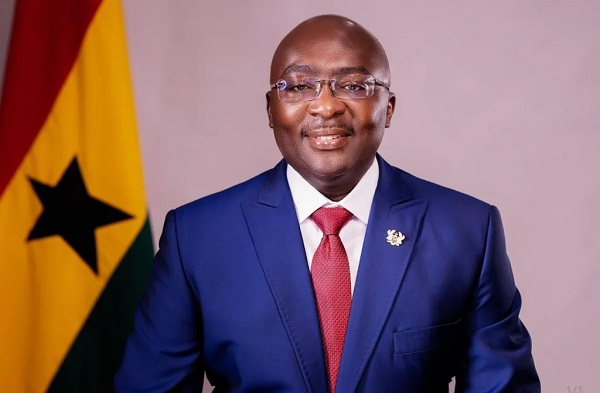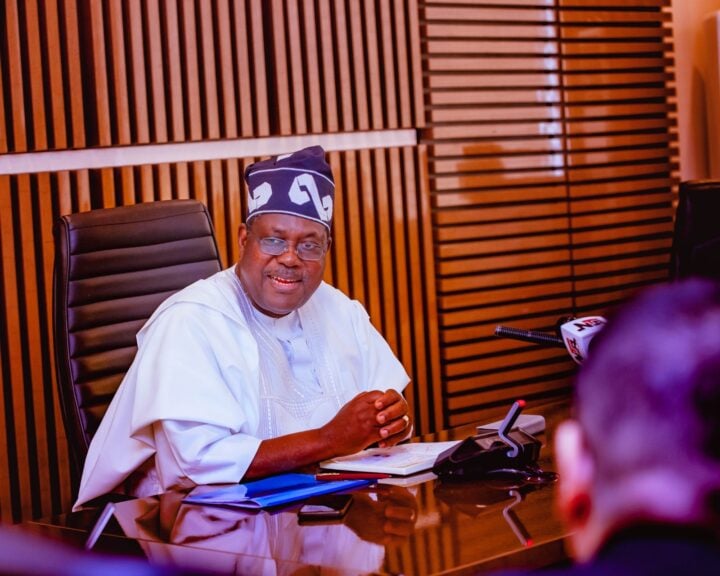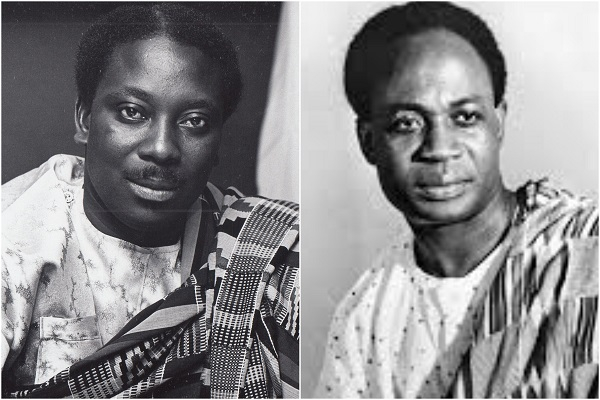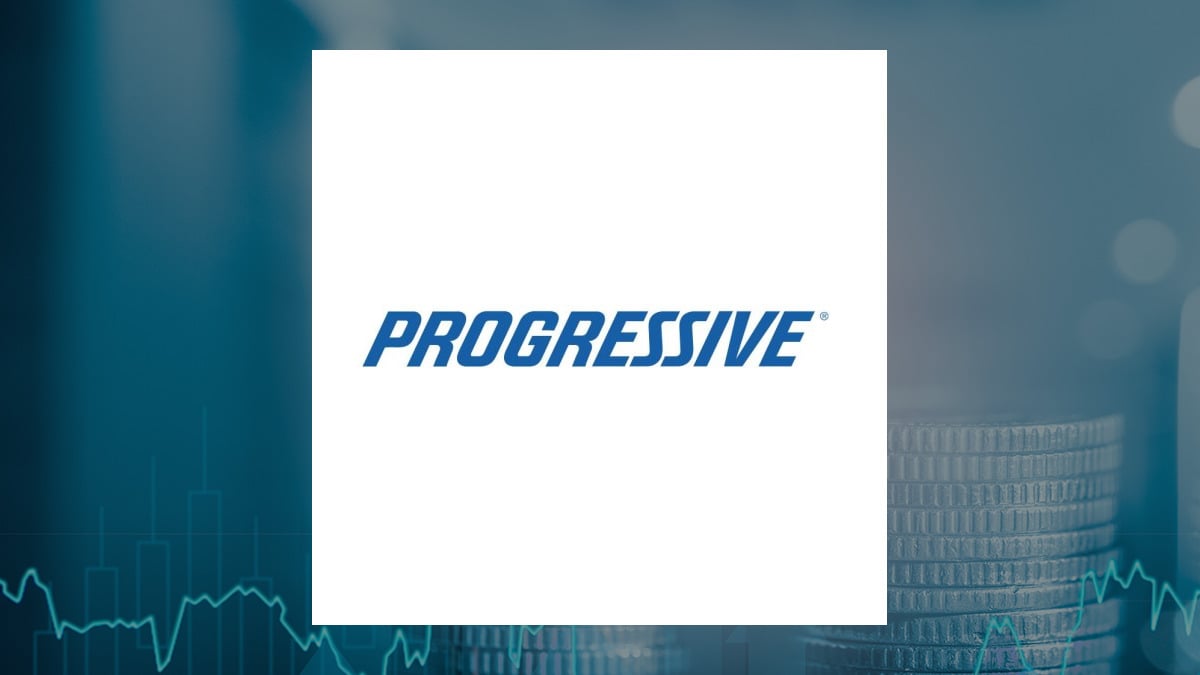Hustle Africa CEO AyeeSha Omadibi Champions Digital Revolution for African SMEs
AyeeSha Omadibi, founder and Chief Executive Officer (CEO) of Hustle Africa, a strategic storytelling and content marketing agency, is championing a digital transformation for Small and Medium-sized Enterprises (SMEs) across Africa.
Speaking at the sidelines of Hustle Africa’s bi-monthly PR Tea Conference in Ikeja, Lagos, Omadibi emphasised the critical role SMEs play in Nigeria’s economy and the importance of equipping them with digital tools to grow.
According to her, SMEs contribute between 40 and 42 percent to Nigeria’s Gross Domestic Product (GDP), a figure she discovered in 2015 that inspired her mission to support small businesses through storytelling and digital capacity building.
“These SMEs are doing the real work of nation-building,” she noted. “At Hustle Africa, we help them become visible by telling their own stories in their own voices for global relevance.”
Established on July 1, 2020, Hustle Africa has grown from a storytelling agency to a Pan-African enterprise with a non-profit arm dedicated to training women-led businesses in digital skills. The organisation has supported over 250 SMEs in Nigeria, Ghana, Cameroon, Europe, and the United States—many of which are African-owned, regardless of their location.
“Our goal is to train at least 5,000 women-led SMEs by 2030. We’re about halfway there,” Omadibi said. “Even in Europe or America, African-owned businesses are seeking digital visibility, and we’re proud to be part of that journey.”
With a professional background in media, including roles in magazine publishing and The Parent Inc—Southeast Asia’s largest parenting digital publication, Omadibi is leveraging her experience to help bridge the digital gap for African businesses.
She also announced that Hustle Africa’s yearly Content Conference is set to return in August, promising an even more expansive and inclusive event.
This year’s edition will feature speakers from across the continent and focus on Africa’s position in the global digital and AI economy.
“The theme this year centres on Africa’s role in the digital revolution, specifically, how we tell and sell our stories using technology and artificial intelligence. No one tells stories like Africans, but we must be ready to do it with the tools of the future,” she said.
When asked about how government can better support SMEs, Omadibi acknowledged the recent strides in funding for technology and the creative economy through agencies like the National Information Technology Development Agency (NITDA) and the Ministry of Arts, Culture, and the Creative Economy.
“I commend the government’s increasing investment in tech and creative storytelling,” she said. “Grants and initiatives are beginning to reflect the potential within our industries. There’s still room for improvement, especially around ease of doing business, but it’s clear that the creative economy is being recognised as a major contributor to national growth.”
She highlighted technical know-how, digital adoption, and Artificial Intelligence (AI) integration as critical areas where many female entrepreneurs still need support.
“This year, we focused our free training sessions on AI because we understand the power it holds for streamlining business processes,” she said. “There’s a saying: ‘If you don’t know, you don’t know.’ Our goal is to ensure that more women do.”
Omadibi described the upcoming Content Conference as a unifying platform for creatives, tech professionals, entrepreneurs, and marketers.
“When you bring together storytellers, technologists, business leaders, and marketers to talk about AI, culture, and content, you create real power,” she explained. “That’s what we’re building—a space for collaboration and forward thinking.”
On the prospects for content creation in Nigeria, Omadibi expressed optimism, noting that Nigerian creatives are already making a global impact through digital platforms.
“Nigerians are naturally creative—just look at our online presence,” she said. “With the right structures in place, the creative economy could become one of the nation’s biggest exports.”
While she emphasised the need for safeguards in the digital space, Omadibi also called for thoughtful regulation that encourages innovation rather than restricts it.
“There’s a balance to be struck,” she concluded. “We must protect people online, yes—but we must also ensure that creators are empowered to thrive, not burdened by red tape.”











